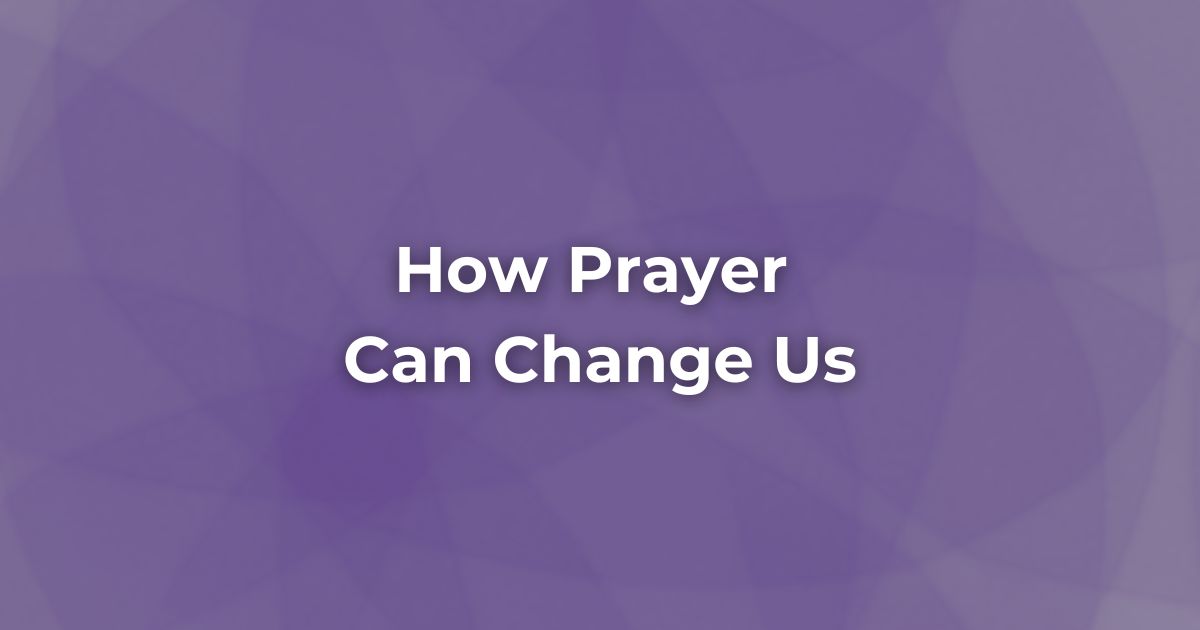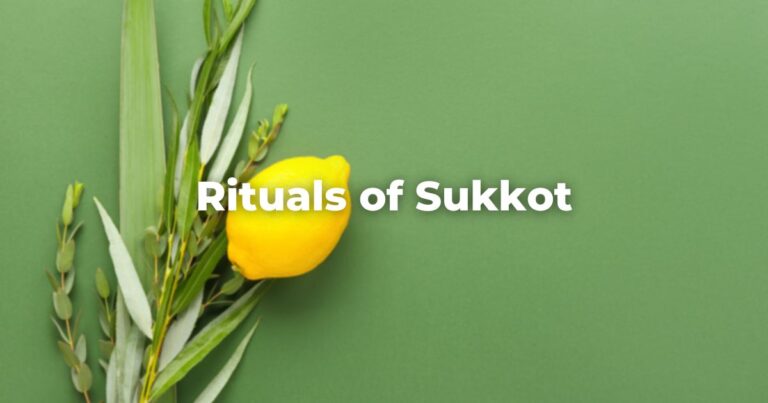This Rosh HaShana, we read a haftara portion from the book of Samuel, which centers on his mother, Hannah.
This portion has followed me over the years, cropping back up when I need it most. During my senior year of college, I planned to give a d’var TorahRefers to the first five books of the Hebrew Bible, the Tanakh, also called the Five Books of Moses, Pentateuch or the Hebrew equivalent, Humash. This is also called the Written Torah. The term may also refer to teachings that expound on Jewish tradition. Read more that reflected on the death of my best friend, Hannah Weiss. Aching at the mere thought of writing about her loss, I was soothed that this portion’s protagonist shared her name—and reflected her essence. Years later, swirling through the anxiety and stress of grad school applications, the story came up during an essay prompt while applying for rabbinical school. This year, while I agonized over participating in the hagim while living with an unpredictable chronic illness, the rabbi of my home synagogue asked me to give a sermon on this haftara. Before I walked up to the bima I squeezed the hand of my girlfriend—also named Hannah.
In moments of uncertainty or anxiety, when I’ve needed spiritual sustenance, the story of Hannah has arrived again like a gift. This year especially, I think we all could use it.
This is a story about prayer during times of deep distress.
What could be more appropriate for this high holiday season, when we will be spending hours together in prayer? As we sit in services, reciting the words of the mahzor, it feels essential to think about what we are actually doing. In a moment where so much of this world is unjust and uncertain, what does it mean to pray? Do we truly think the things we ask for will come true? Can a divine being actually hear us? And how can we even talk to God in a world that feels so devastatingly broken?
Our haftara starts with a model for suffering. Hannah, the beloved, yet barren wife of Elkanah, was taunted each year about her lack of offspring by Elkanah’s second wife, Peninah. While this sounds horrible now, I can only imagine how soul-crushing it would feel back then—when the worth of a woman’s life was measured by their ability to bear children.
One year, Hannah couldn’t bear it anymore. In the Temple, she prayed from her heart, weeping. The Torah describes her state as מרת נפש, which is often translated as “wretchedness,” but it literally means “bitterness of soul.” Her mouth moved in prayer, but no sound emerged. Eli, the priest, thought she was drunk, but Hannah replied, וָאֶשְׁפֹּ֥ךְ אֶת־נַפְשִׁ֖י לִפְנֵ֥י ה׳—I have been pouring out my soul before God. Impressed, Eli blessed her, and told her to go in peace. Two verses later, Hannah conceived and bore a son named Samuel. Miracle of miracles! Her wish was granted.
But that’s not the part of the story I want us to focus on today. Let’s back up a verse. וַתֵּ֨לֶךְ הָאִשָּׁ֤ה לְדַרְכָּהּ֙ וַתֹּאכַ֔ל וּפָנֶ֥יהָ לֹא־הָֽיוּ־לָ֖הּ עֽוֹד—the woman went on her way, she ate, and her face was no longer as it was; she was no longer downcast. Even before she was given a child, something inside Hannah changed that day. It was not due to her prayer being answered, nor by her conceiving a son. The change occurred through the very act of prayer itself. Her tears, her whispered words, her agony, were inherently transformative—regardless of the outcome.
In 2025, prayer may feel awkward or strange. We come to services, we recite the liturgy—but there is not the same collective closeness to God as Hannah’s time. We may believe that we need prayer less, when in fact, the circumstances of our contemporary world are enough to leave anyone in a state of constant distress—מרת נפש, bitterness of the soul. We live through tragedy after violent tragedy, watching it all unfold on our phones. We have been forced to acclimate to this reality—where we have to numb our hearts to get through the day.
The story of Hannah offers an antidote to our modern moment. She prayed while suffering, not because she felt God’s presence, but precisely when she didn’t. The medieval commentator Radak explains that after so much provocation, Hannah’s outpouring—her silent prayer—came from an abundance of emotion that was waiting to be released. That there was too much pain to put into words.
All of us let things build up for too long, because there’s no time or space to feel them. We are busy doing and working and producing, as horrible events unfold in other parts of the world and in our own neighborhoods. While reeling from my best friend’s death, I found myself darting from class to extracurricular. I had no time to feel the emotions bubbling beneath the surface, and they had nowhere to go. But at Shabbat services, the tears streamed down my cheeks, and the sadness overflowed—because it needed to.
What if t’fillah—prayer—was a time where we could truly feel it all—the bitterness of soul, the physical ache?
What if, like for Hannah, the very fact of pouring out our souls is the prayer, because it affirms that we still can feel, that we still are in touch with what makes us human, that we care for all of God’s creation?
Whether or not anything material changes in the world isn’t the point. The point is that we change. That if we pour out our souls, prayer has the potential to change us. And I wouldn’t be surprised if that changes our world.
Author
-

Gila Axelrod (she/they) is a second-year rabbinical student at Hebrew College. Before starting this journey, Gila served as Editor in Chief of New Voices Magazine. After studying Jewish Thought and Sociology at JTS/Columbia, they went on to manage research programs at the Shalom Hartman Institute, create an LGBTQ+ Rosh Hodesh group, complete a year of service with Americorps, and run workshops on body acceptance. Gila loves to write and talk about grief, disability theory, neurodivergence, queerness, and how these topics can be understood through a Jewish lens. Her work has been featured in Lilith Magazine, Hey Alma, The Philadelphia Citizen, and more. She lives in Cambridge with her girlfriend Hannah, and their puppy, Penny Babka.
View all posts





